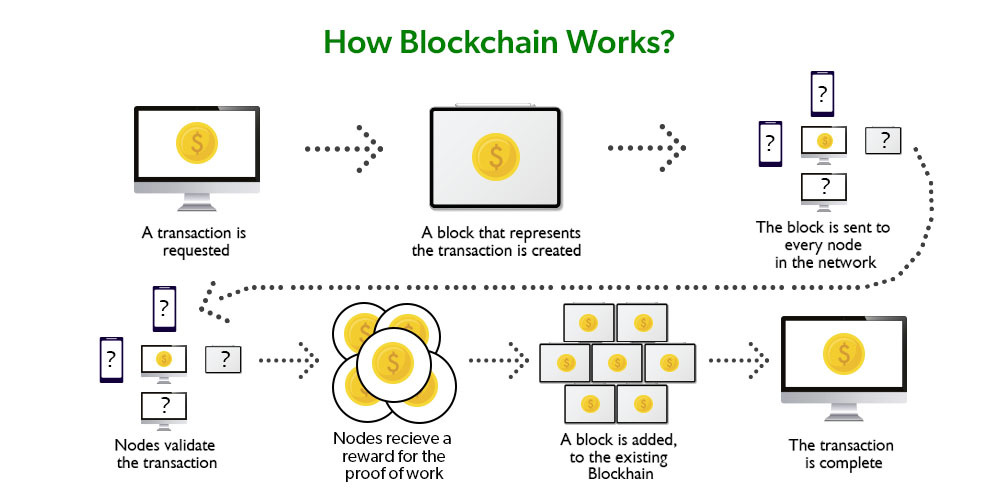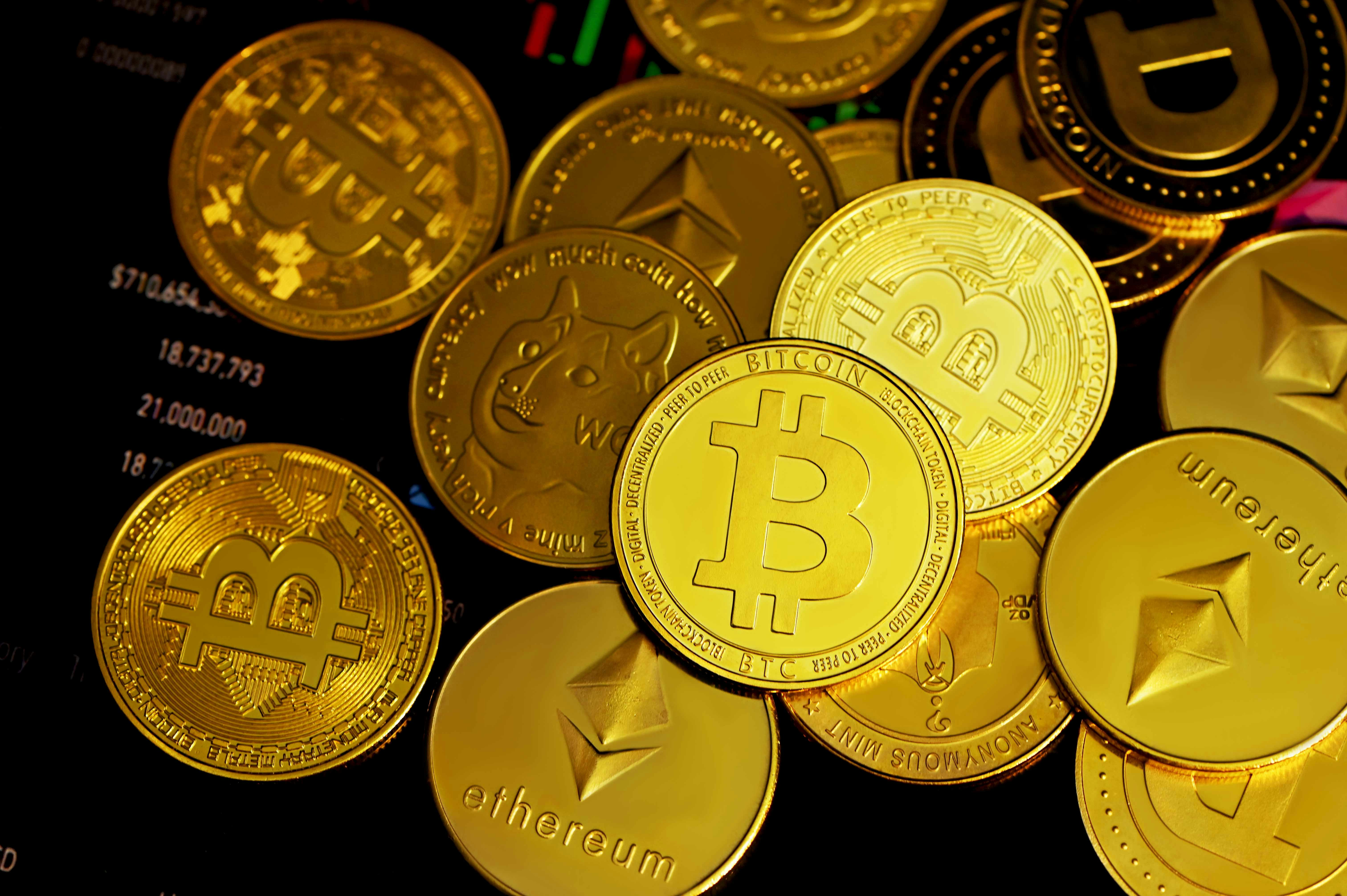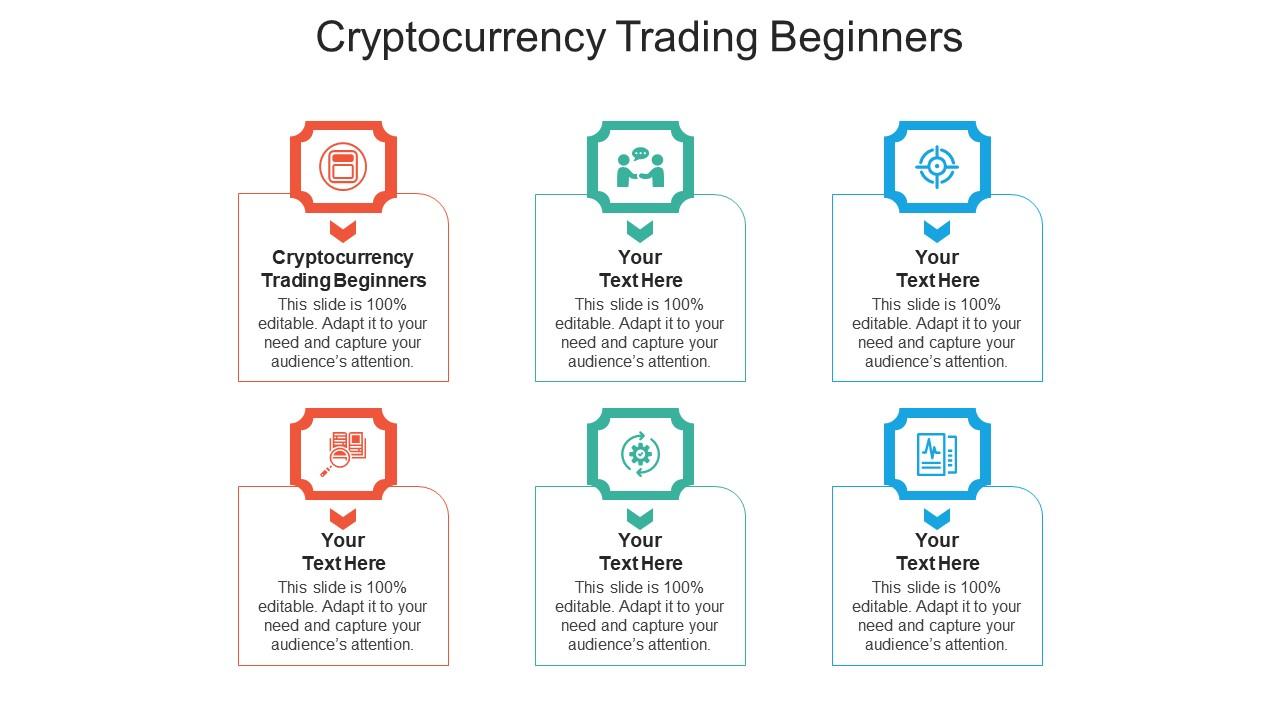You’ve probably heard the term “blockchain” thrown around in conversations about Bitcoin, cryptocurrency, or even tech trends. But what exactly is it? In simple terms, blockchain is a revolutionary technology that powers digital currencies and has the potential to transform industries like finance, supply chains, and more. This beginner-friendly guide explains what blockchain is, how it works, and why it’s a big deal in 2025, all in plain language.

What is Blockchain?
At its core, blockchain is a digital ledger—a way to record transactions or data securely and transparently. Unlike a traditional ledger kept by a bank or company, a blockchain is decentralized, meaning it’s stored across thousands of computers (called nodes) worldwide. This makes it nearly impossible to hack or manipulate.
Think of blockchain as a chain of blocks. Each “block” contains a list of transactions or data, and these blocks are linked together in a specific order, forming a “chain.” Once a block is added, it’s permanent and can’t be changed, ensuring trust and security.
How Does Blockchain Work?
Blockchain sounds complex, but it’s easier to understand when broken down into steps. Here’s how it works:
- Transaction Occurs: Someone sends Bitcoin, records a contract, or shares data.
- Transaction is Verified: Nodes (computers) in the network check if the transaction is valid.
- Block is Created: Valid transactions are grouped into a block.
- Block is Secured: The block is encrypted using complex math (cryptography) and linked to the previous block.
- Block is Added: The new block is added to the blockchain, visible to all nodes.
This process ensures every transaction is secure, transparent, and tamper-proof. For example, when you send Bitcoin, the blockchain records it publicly, so everyone can verify it happened.

Key Features of Blockchain
Blockchain stands out because of these unique characteristics:
- Decentralization: No single entity (like a bank) controls it; it’s run by a global network.
- Transparency: Transactions are public and verifiable by anyone.
- Security: Cryptography and immutability make it extremely hard to hack.
- Immutability: Once data is recorded, it can’t be altered, ensuring trust.
These features make blockchain ideal for applications where trust and security are critical.
Why Blockchain Matters in 2025
Blockchain is more than just the tech behind Bitcoin. Its potential to disrupt industries makes it a game-changer. Here’s why it matters today:
1. Powering Cryptocurrencies
Blockchain is the backbone of cryptocurrencies like Bitcoin and Ethereum. It records every transaction securely, eliminating the need for banks or middlemen. In 2025, with crypto adoption growing, blockchain ensures fast, low-cost global payments. Learn more about crypto at CoinDesk.
2. Transforming Finance
Beyond crypto, blockchain is revolutionizing finance through decentralized finance (DeFi). DeFi platforms use blockchain to offer loans, savings, and trading without traditional banks, giving people more control over their money. For example, platforms like Aave or Uniswap run on Ethereum’s blockchain.

3. Improving Supply Chains
Blockchain makes supply chains more transparent. Companies like IBM use blockchain to track products from factory to store, ensuring authenticity and reducing fraud. For example, a blockchain can verify that your coffee beans are ethically sourced or that a luxury bag is genuine.
4. Securing Digital Identity
In 2025, blockchain is being used to create secure digital IDs. Instead of sharing sensitive info with every website, you can use a blockchain-based ID to prove your identity privately. This reduces identity theft and enhances online security.
5. Enabling Smart Contracts
Smart contracts are self-executing agreements coded on a blockchain, like Ethereum’s. They automatically carry out terms when conditions are met—no middleman needed. For instance, a smart contract could release payment for a house once ownership is transferred, streamlining real estate deals.
Real-World Examples of Blockchain
Blockchain is already making waves. Here are a few examples:
- Bitcoin: A decentralized currency using blockchain for secure, borderless payments.
- Ethereum: A blockchain supporting smart contracts and decentralized apps (dApps).
- Walmart: Uses blockchain to track food supply chains for safety and transparency.
- VeChain: A blockchain for verifying luxury goods and preventing counterfeits.

Benefits of Blockchain for Beginners
Why should you care about blockchain? Here’s what it offers:
- Trust Without Middlemen: No need for banks or companies to verify transactions.
- Lower Costs: Blockchain cuts out intermediaries, reducing fees for payments or services.
- Global Access: Anyone with internet can use blockchain-based systems, like crypto or DeFi.
- Security: Your data and transactions are protected by advanced cryptography.
Challenges of Blockchain in 2025
Blockchain isn’t perfect. Beginners should be aware of these challenges:
- Complexity: Understanding blockchain takes time, but resources like CoinDesk can help.
- Energy Use: Some blockchains, like Bitcoin’s, consume significant energy, though greener options like Ethereum 2.0 are emerging.
- Regulation: Governments are still figuring out how to regulate blockchain and crypto, creating uncertainty.
- Scalability: Some blockchains struggle with slow transaction speeds during high demand.
How to Get Started with Blockchain
Want to explore blockchain? Here’s how beginners can dive in:
- Learn the Basics: Start with free resources on CoinDesk or Cointelegraph.
- Try Cryptocurrency: Buy a small amount of Bitcoin or Ethereum on Coinbase to interact with a blockchain.
- Explore DeFi: Experiment with DeFi apps like Uniswap using a wallet like MetaMask.
- Join Communities: Discuss blockchain on Reddit’s r/blockchain or r/cryptocurrency.
Tip: Always secure your crypto with a wallet like Trust Wallet or a hardware wallet like Ledger.

Tips for Beginners Exploring Blockchain
As you learn about blockchain, keep these tips in mind:
- Start Small: Experiment with small crypto transactions to understand blockchain in action.
- Stay Safe: Never share your wallet’s seed phrase, and enable 2FA on accounts.
- Avoid Scams: Beware of “blockchain projects” promising guaranteed returns.
- Keep Learning: Blockchain evolves fast, so follow trusted sources like Cointelegraph.
Conclusion
Blockchain is a groundbreaking technology that’s reshaping how we handle money, data, and trust in 2025. From powering Bitcoin to securing supply chains and enabling smart contracts, its impact is vast and growing. By understanding the basics and exploring crypto or DeFi, you can start engaging with blockchain today. Ready to learn more? Visit CoinDesk, try a small trade on Coinbase, and discover why blockchain matters in this exciting digital age!






















